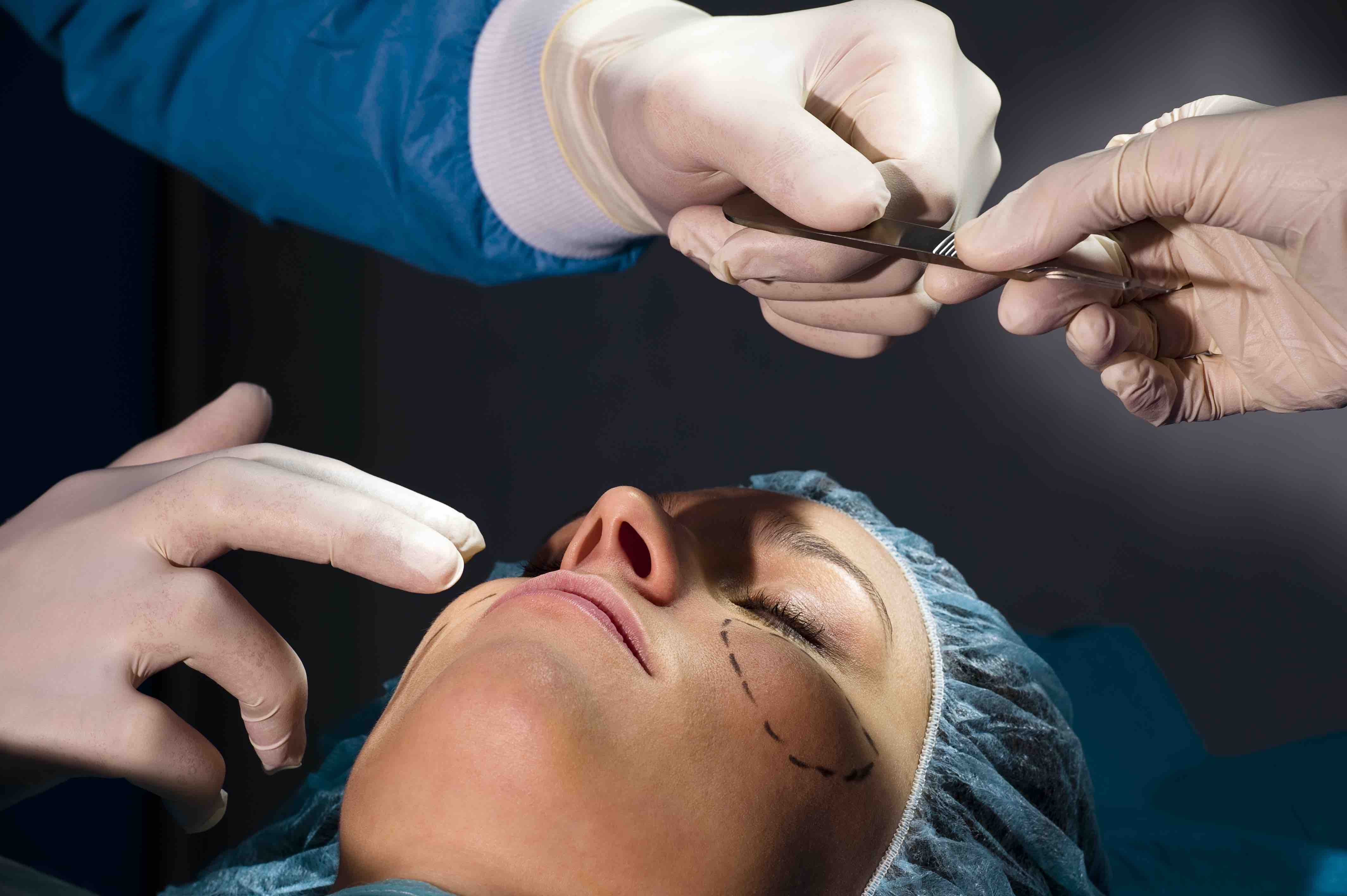Record rise in revisions for botched surgery says BAAPS
 In an internal survey of members of The British Association of Plastic Surgeons , 80% said they had witnessed an alarming increase in requests from patients to correct failed cosmetic procedures during the last five years, with some members counting as much as a third of their own practice as fixing other people’s mistakes. Others avoid taking up these cases and decline treating them, as the problems are often unsolvable.
In an internal survey of members of The British Association of Plastic Surgeons , 80% said they had witnessed an alarming increase in requests from patients to correct failed cosmetic procedures during the last five years, with some members counting as much as a third of their own practice as fixing other people’s mistakes. Others avoid taking up these cases and decline treating them, as the problems are often unsolvable.
Surgeons identified the reasons for the revisions as falling into three main culprits, with two out of five (40%) citing patients being incorrectly selected for the initial surgery (they had been medically or psychologically unsuitable for a particular procedure, yet it was performed nevertheless); nearly a third (30%) stating the original procedure had been clearly carried out by someone with dangerously inadequate training, and a similar proportion (30%) stuck picking up the pieces from cheap deals abroad.
According to consultant plastic surgeon and BAAPS President Simon Withey, whose own practice sees a huge proportion – as much as 40% last year – of revisional work, “Patient selection is one of the most key issues to consider when considering who is appropriate for a procedure. I have seen many people who were clearly not appropriate for surgery – ranging from unrealistic expectations, to the more extreme body dysmorphia; contraindicated medications, smokers, pre-existing medical conditions which should have ruled them out. And yet, unscrupulous practitioners have endangered their health entirely for profit.
“There is currently – perhaps unsurprisingly, in these turbulent times – a measure of financial uncertainty in the UK. Thus, affordability is one of the biggest drivers in the rise of ‘cosmetic medical tourism’ deals offering all–inclusive package holidays and the promise a high quality service at heavily discounted rates. However, these promotions conveniently gloss over the increased risk of complications post-surgery due to travel, less robust regulations and credentialing, as well as a lack of consistent follow up.
“This has directly led to an increase in the number of reported cases of people returning to the UK with serious complications after receiving cosmetic surgery abroad. Consequently, many patients are being treated in the NHS for complications – one study presented at today’s conference in one hospital alone pinpoints the average cost of each patient at a staggering £13,500 each, on average – a total of over £282,000 just for twenty-one patients!”
Consultant plastic surgeon and BAAPS Council member Mary O’Brien; who oversees the training committee at the Association; says, “At the British Association of Plastic Surgeons we are all about ‘putting patients first’ through supporting young surgeons in not only technical training but also in ensuring a sound ethical approach to cosmetic surgery. Also, supporting experienced surgeons in their continuing medical education and sharing of knowledge and new techniques.
“We approach this in several ways – an annual international scientific meeting such as the one occurring today, national training days, specifically designed fellowships, close engagement with other entities and societies and close monitoring of work through a mandatory audit of members’ work.
“Training properly to become a plastic surgeon takes many years – a minimum of about sixteen! They must become educated and exposed to the importance of patient selection, be focused and above all safe – aside from just technical skills. At events such as today, we share knowledge, expertise and best practice on an international level.”
Consultant plastic surgeon and President-Elect Paul Harris concludes, “Cosmetic surgery has seen a major change in the way providers communicate with prospective patients, much of this is now internet based and not regulated – indeed, many studies presented and discussed at our Meeting today have highlighted the unethical ways cosmetic surgery is marketed, including via social media. Interestingly; by analysing search engine data; another study showed that the UK has more interest in aesthetic treatments than even our counterparts in the US. The British population’s interest in procedures such as non-surgicals and liposuction wildly outweighs America’s.
“This stresses even more the importance of events such as our Annual Meeting, a shared platform seeing professionals from all over the world presenting on the latest advances and techniques with an ethical approach towards patient safety.”

